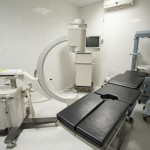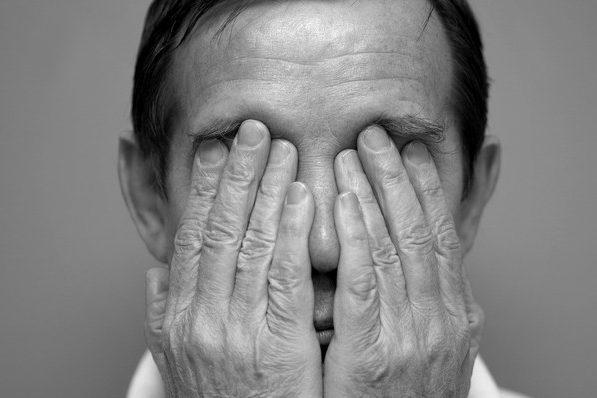Who is responsible for mistakes in health care? Who should take credit for success or blame for failure? Most families, patients and obviously the courts, hold the doctor responsible. It seems to me this is reasonable; it is the obligation physicians assume and which society returns with empowerment and respect. However, is this changing because of the Internet and big data?
In 2013, most patients have spent hours on the Internet investigating their medical complaints, before they walk in a doctor’s front door. Rather than having sole faith in their doctor’s advice and knowledge, they work to become minor experts in their illness. Patients frequently have tests, diagnosis and treatment in mind (or printed in hand), before the physician even opens their chart. Does this mean that the balance of responsibility for medical care is shifting toward the patient? In the future when a mistake happens will we say, “well, she deserved that, she didn’t take the time to look it up on WebMD?”
Both players in this relationship have strengths and weaknesses. The doctor has years of experience, which can help predict medical futures. They have formal training, the ability to incorporate myriad unrelated conditions, cultivated medical judgment to detect subtle change and the emotional objectivity to make tough recommendations while communicating in a compassionate manner. Yet physicians have limited time for each case, carry a tendency toward tunnel vision based on preconceived notions which can corrupt differential diagnoses, may have finite “patience” for each patient’s peculiarities and of course in the end are simply human, with all that creature’s colorful flaws.
Relative to the needs of an individual or family, the Internet is a source of massive information, which is infinite in quality, quantity and patience. It can connect with experts from anywhere giving up-to-date answers at any moment. It has no single bias and as a whole is immune to tunnel vision. On the other hand, the Internet has no ability to focus or tune answers for a specific individual, but must rely on searches from patients who are biased, medically naïve, frightened and ill. Patient online investigations often yield bad data, either because the website is unreliable or because the patient does not ask the correct questions. Hundreds of patients have come to my office having done exhaustive research on the wrong disease. Finally, the Internet has no built in screen to identify high quality sites verses snake oil salesman, who simply had a good web designer.
As a generalization, doctors are likely to produce the correct diagnosis and treatment, but are often incomplete in their communication, teaching and offer too little choice. While physicians usually take into consideration medical variation in the patient regarding how the treatment of one condition affects another, they may underestimate the individual patient’s emotional need. The failure to adjust for individual desires and cultural norms can produce poor compliance. On the other hand, patient generated computer searches result in reams of data which may include the individual illness, but are broad and unfocused even though producing extensive choice. This kind of Internet research may empower one patient, but for another the intellectual burden and anxiety may result in the patient making lousy decisions or confuse them to the point of inertia.
So, how does the data revolution affect the doctor-patient relationship and does it change responsibility? If both parties are open to opportunity, having a patient prepare in this way can improve the quality of discussion. Even if the patient’s Internet prep is not quite focused on the particular medical problem, it at least makes the patient familiar with the broad issues and language, which helps the doctor, with the limited time available, more clearly communicate. With this being the goal, both patient and doctor need to bend, a little. The doctor needs to welcome the data and the better basic education that online investigation gives the patient, and the patient needs to be aware that the doctor’s decades of experience cannot be replaced by a Google search. By finding a balance, better health is possible.
Who is responsible for the quality of medical care? I would suggest both the doctor and the patient and I do not believe this changed at all. Both must demand full commitment and responsibility from themselves, as well as the other. The data revolution underlines, more than ever, that medical care is a team sport. Only together, do we heal.







5 Comments